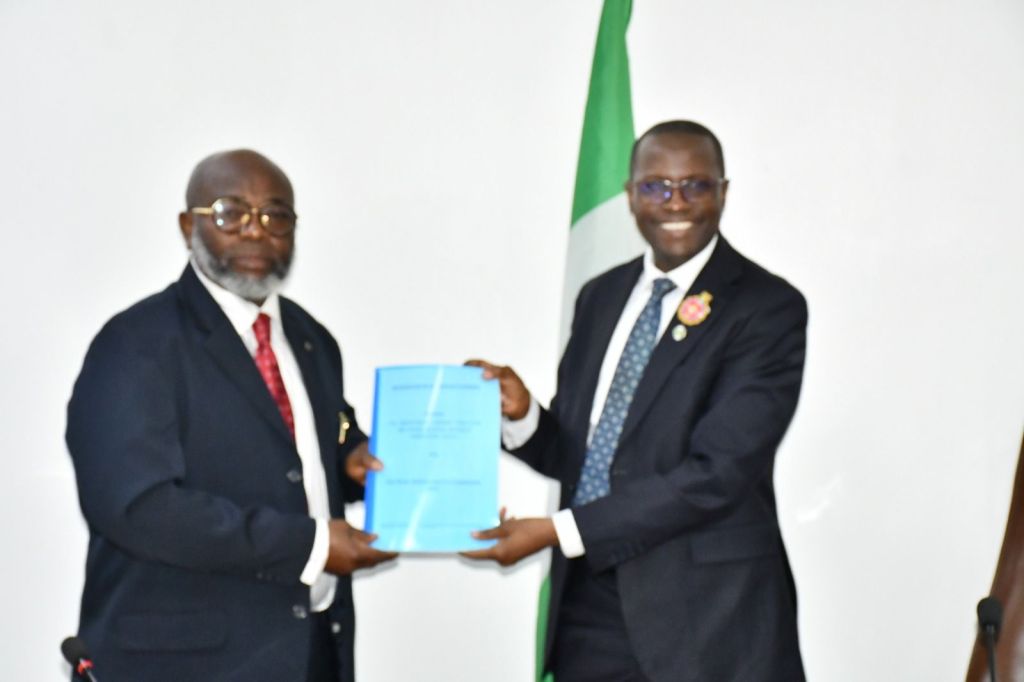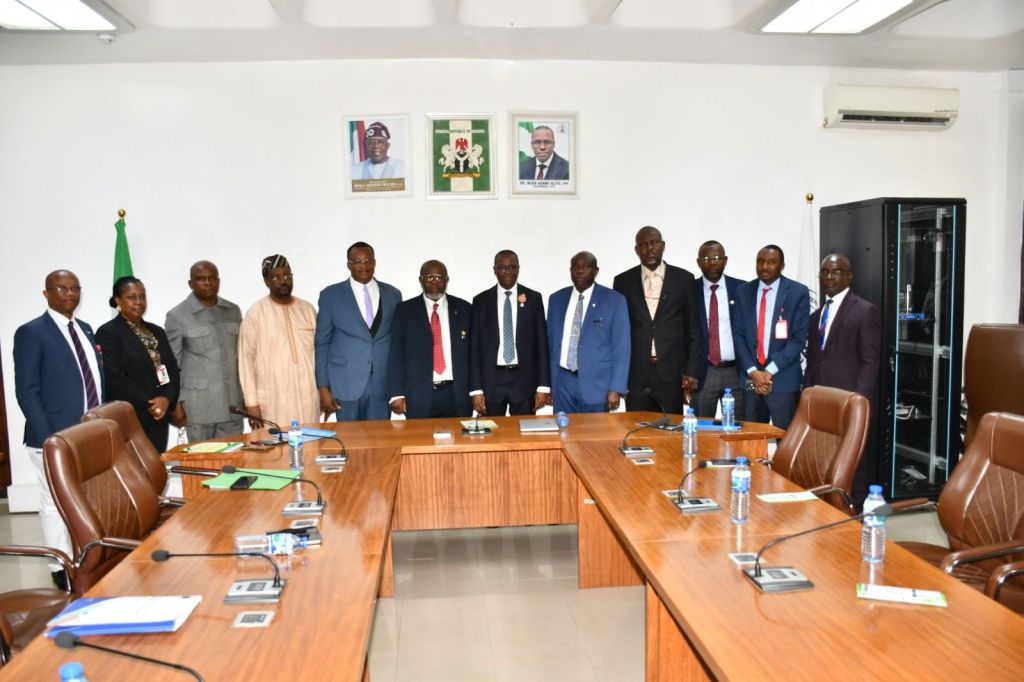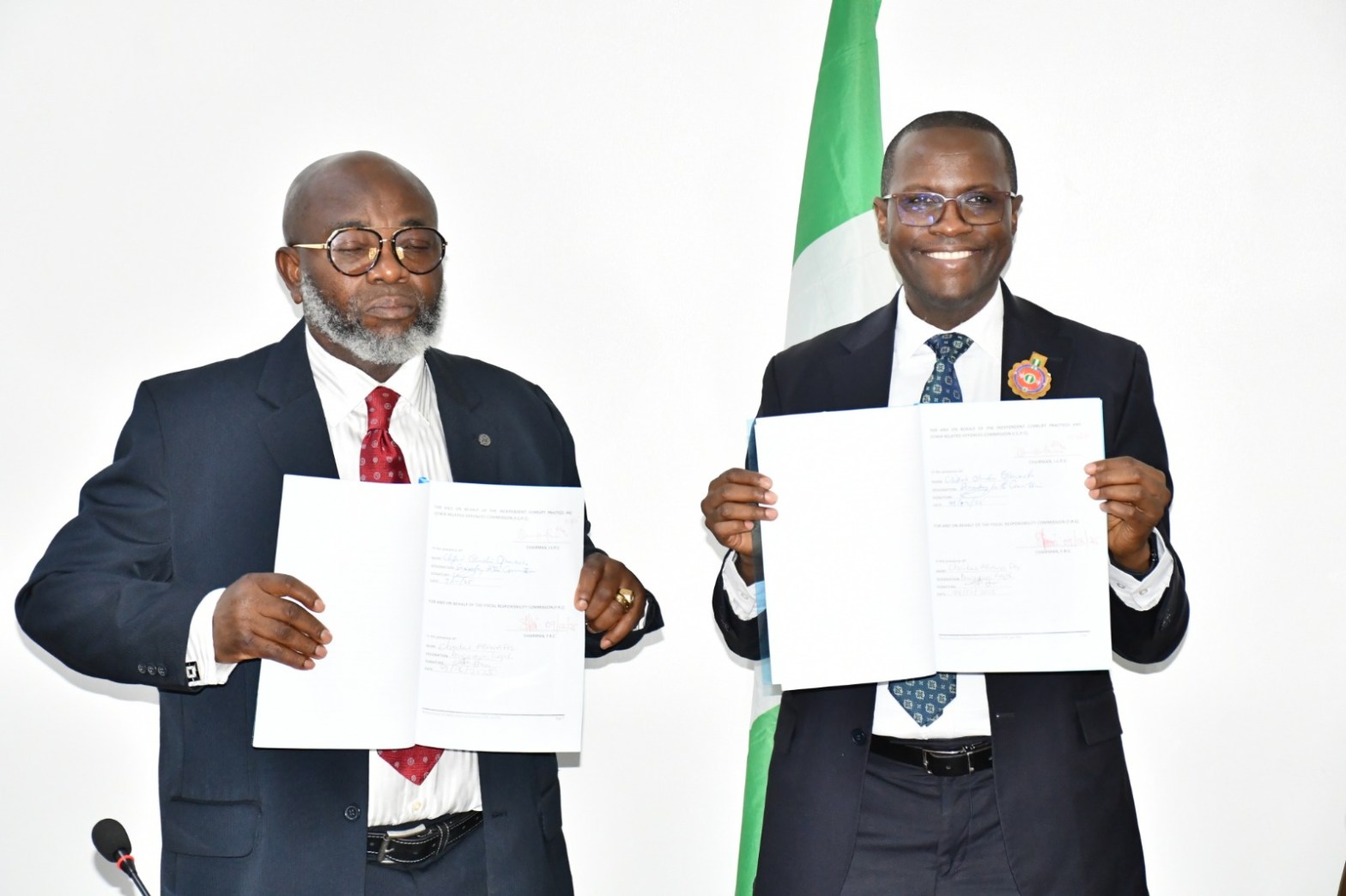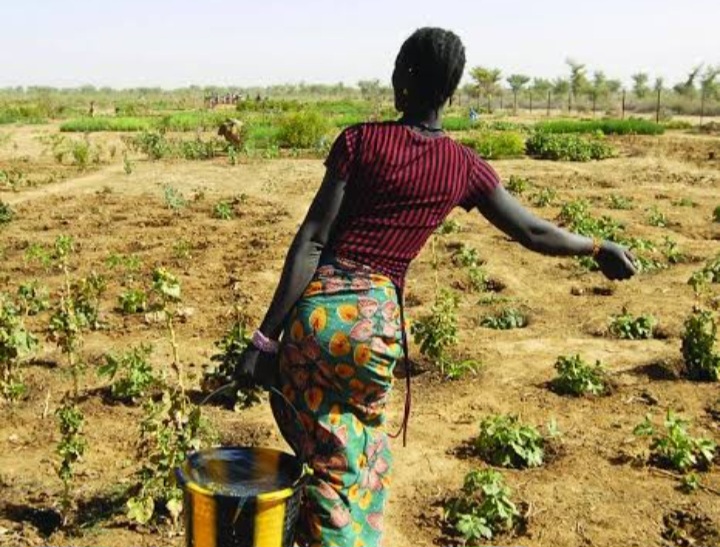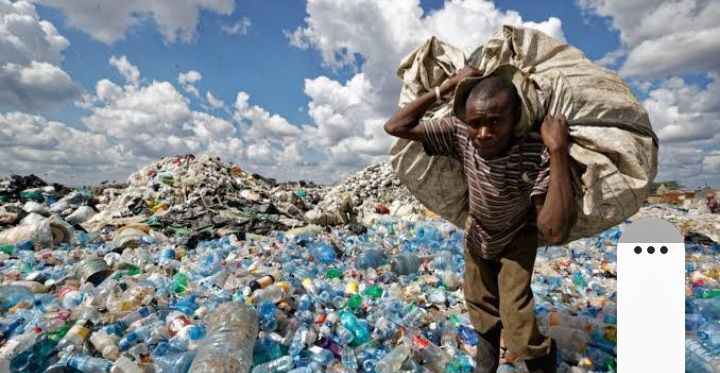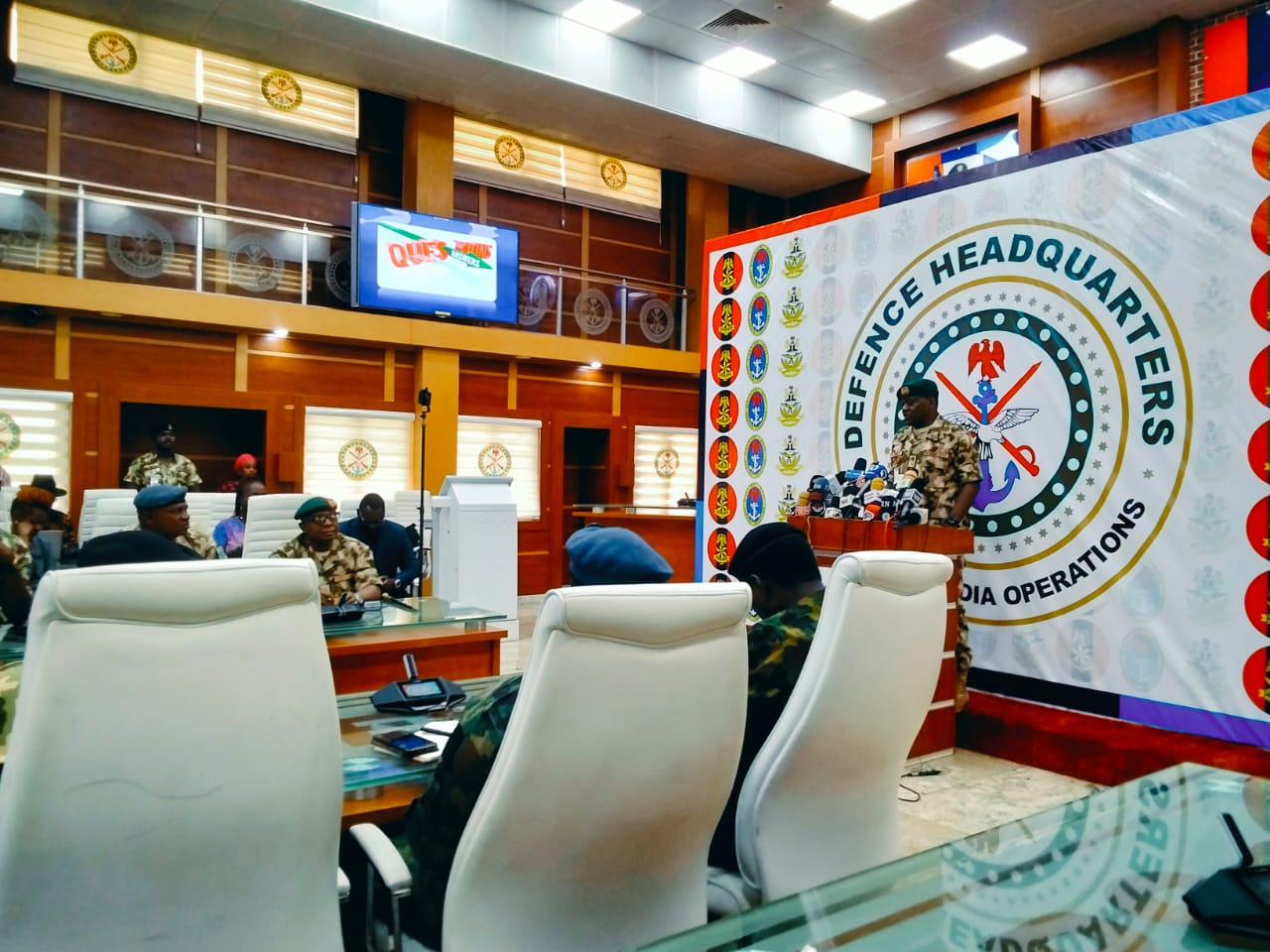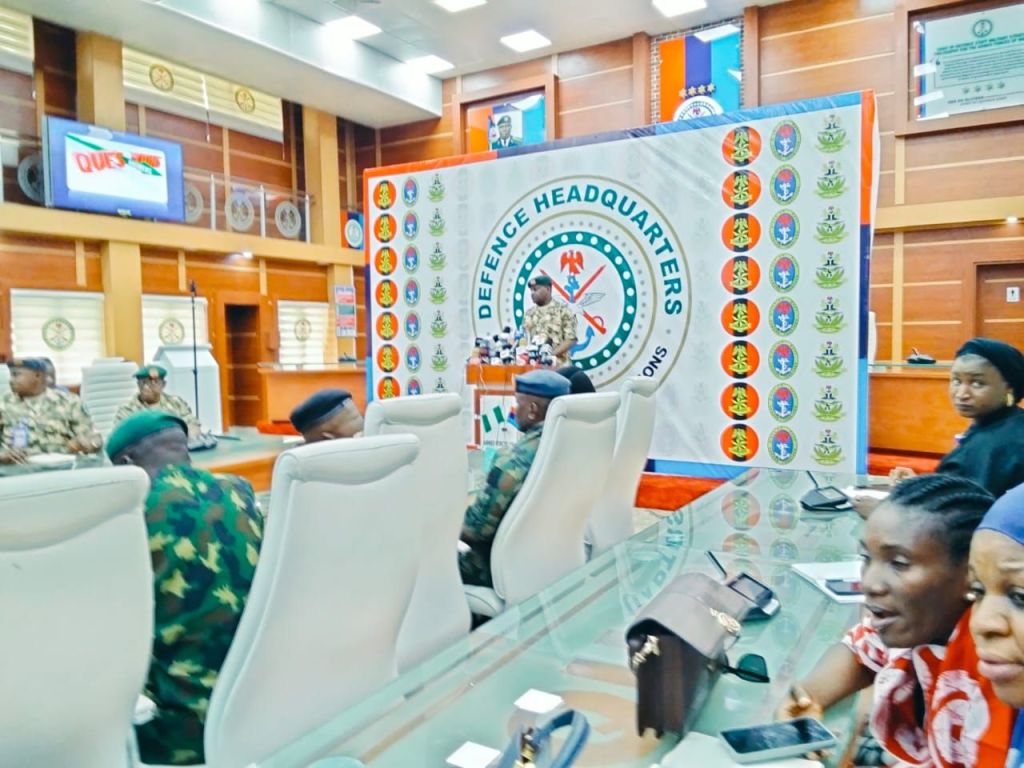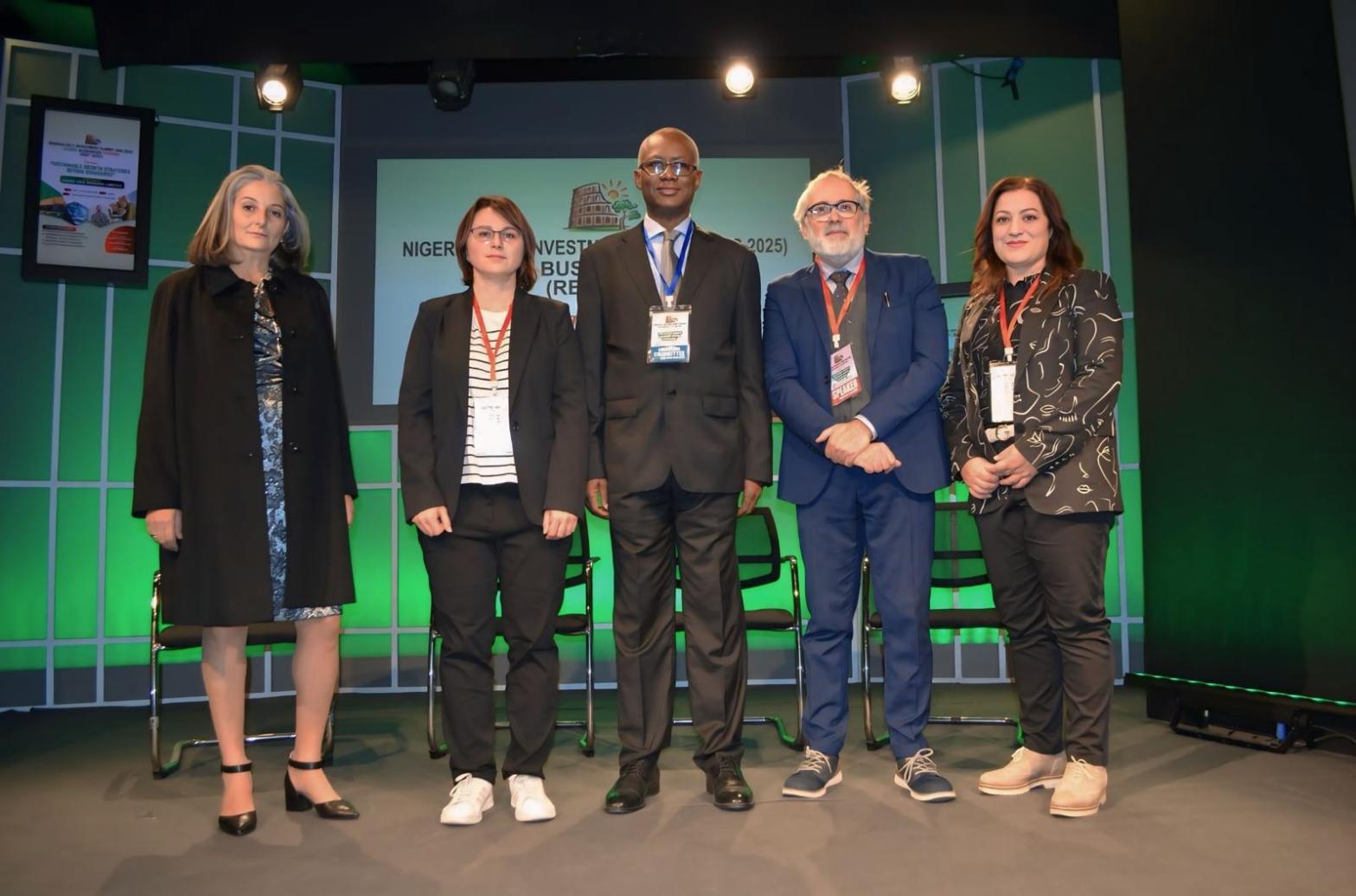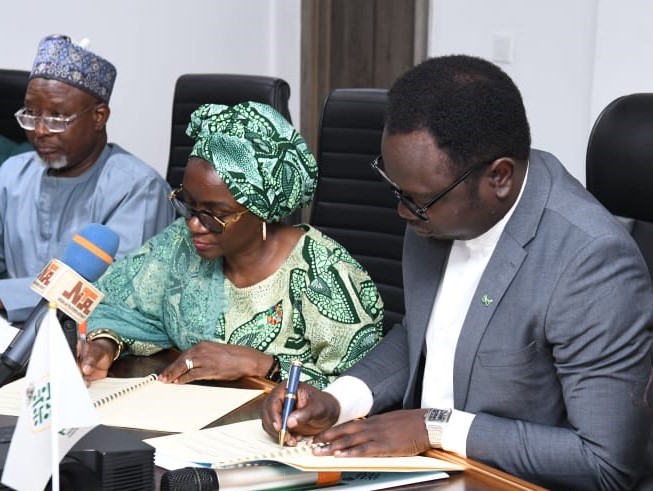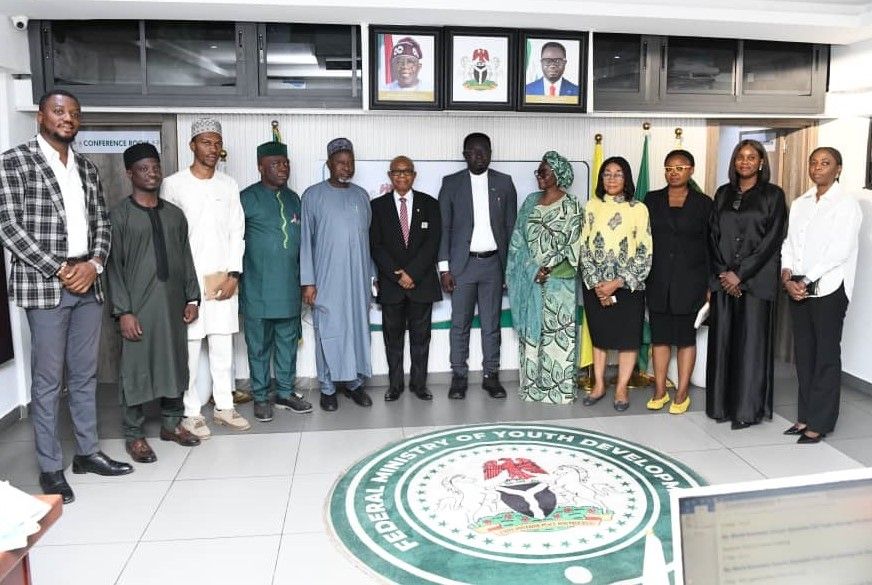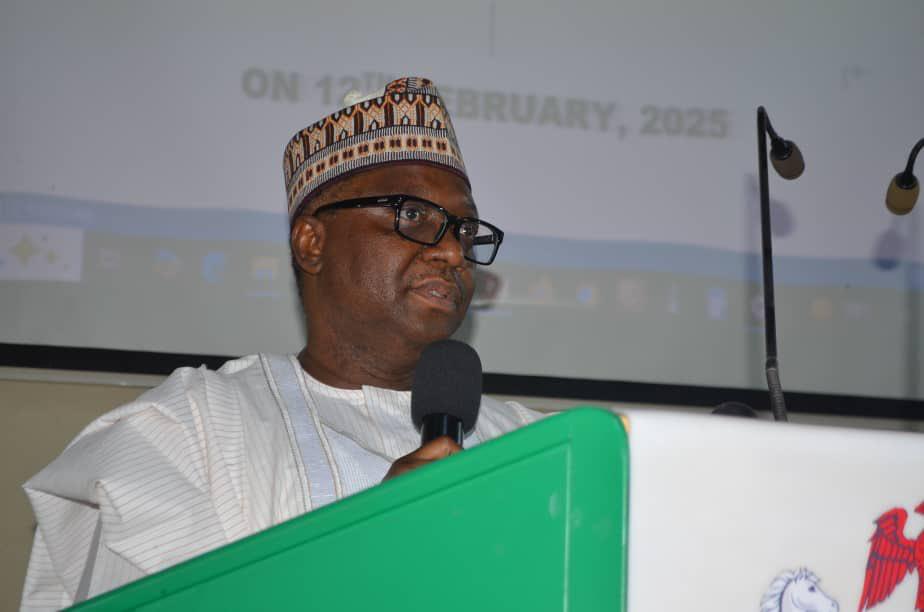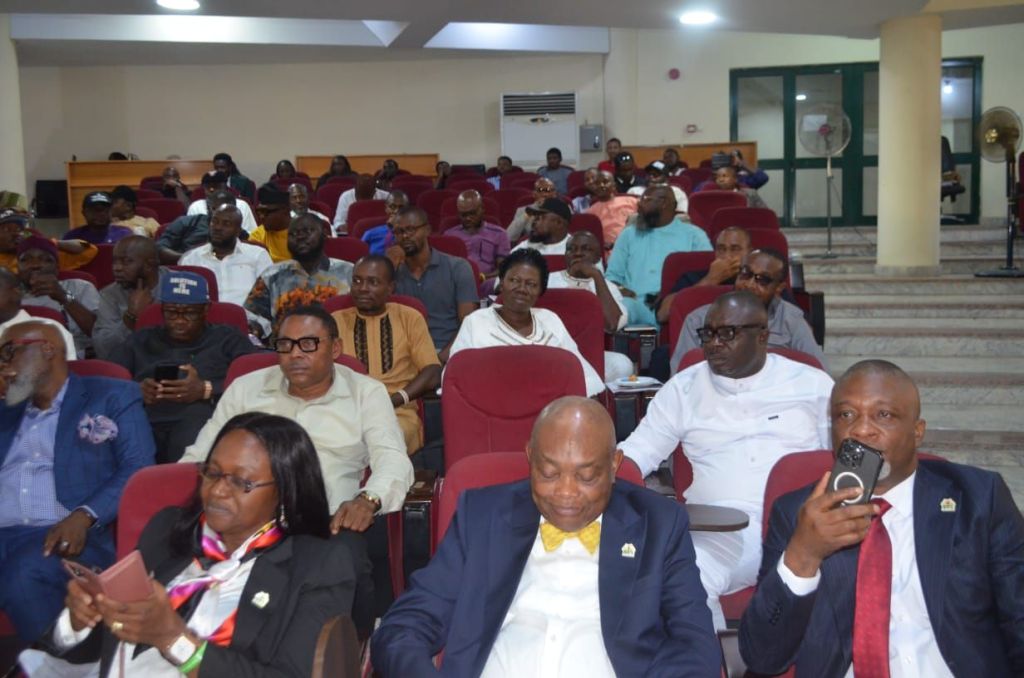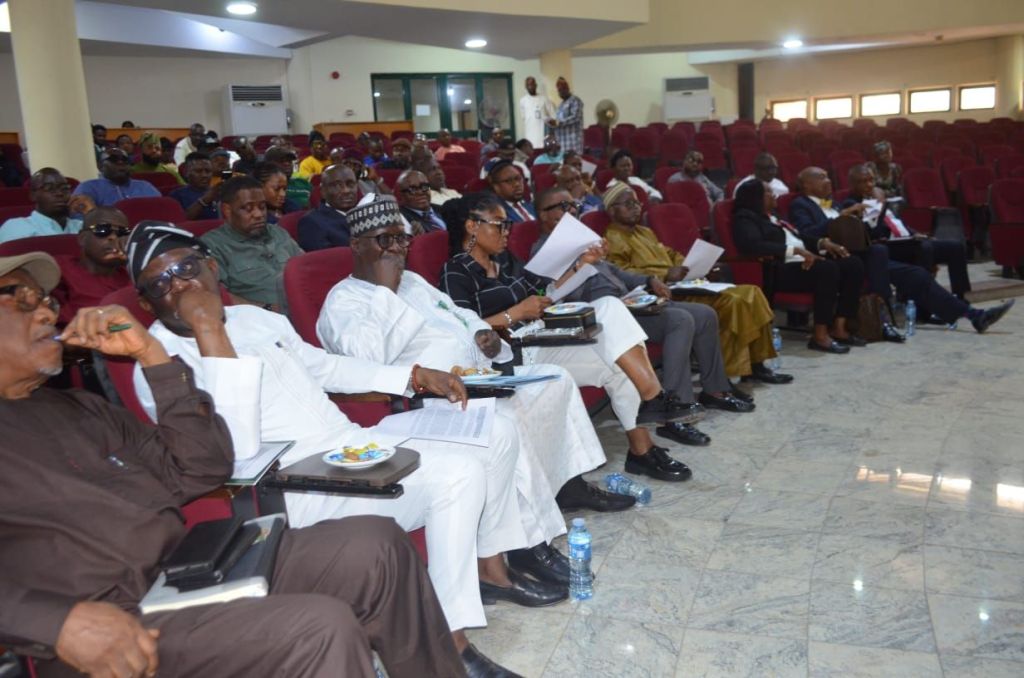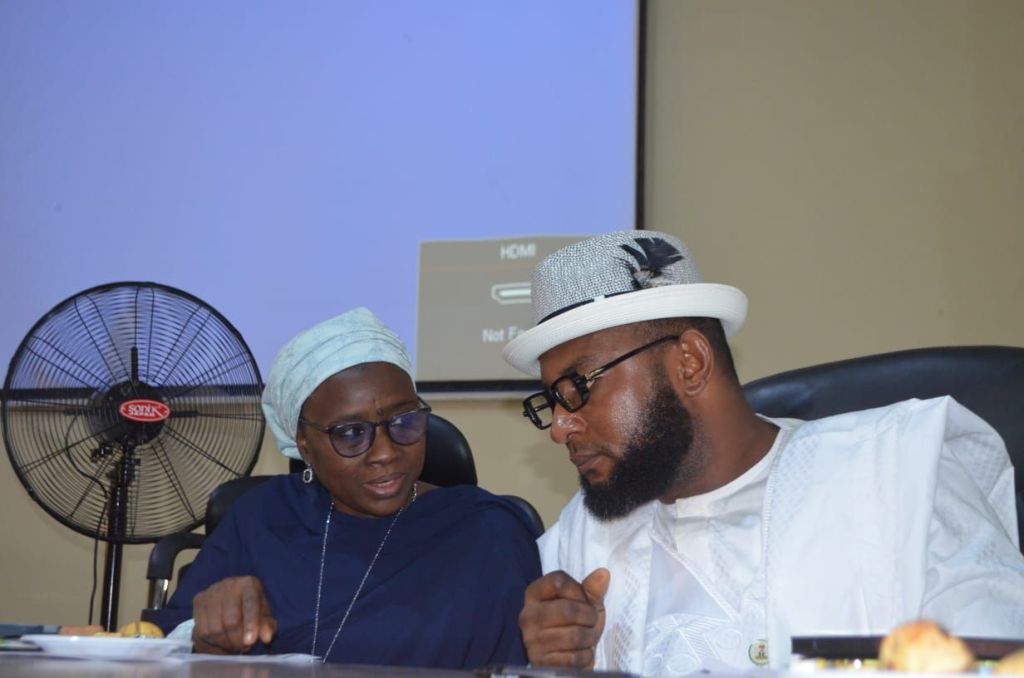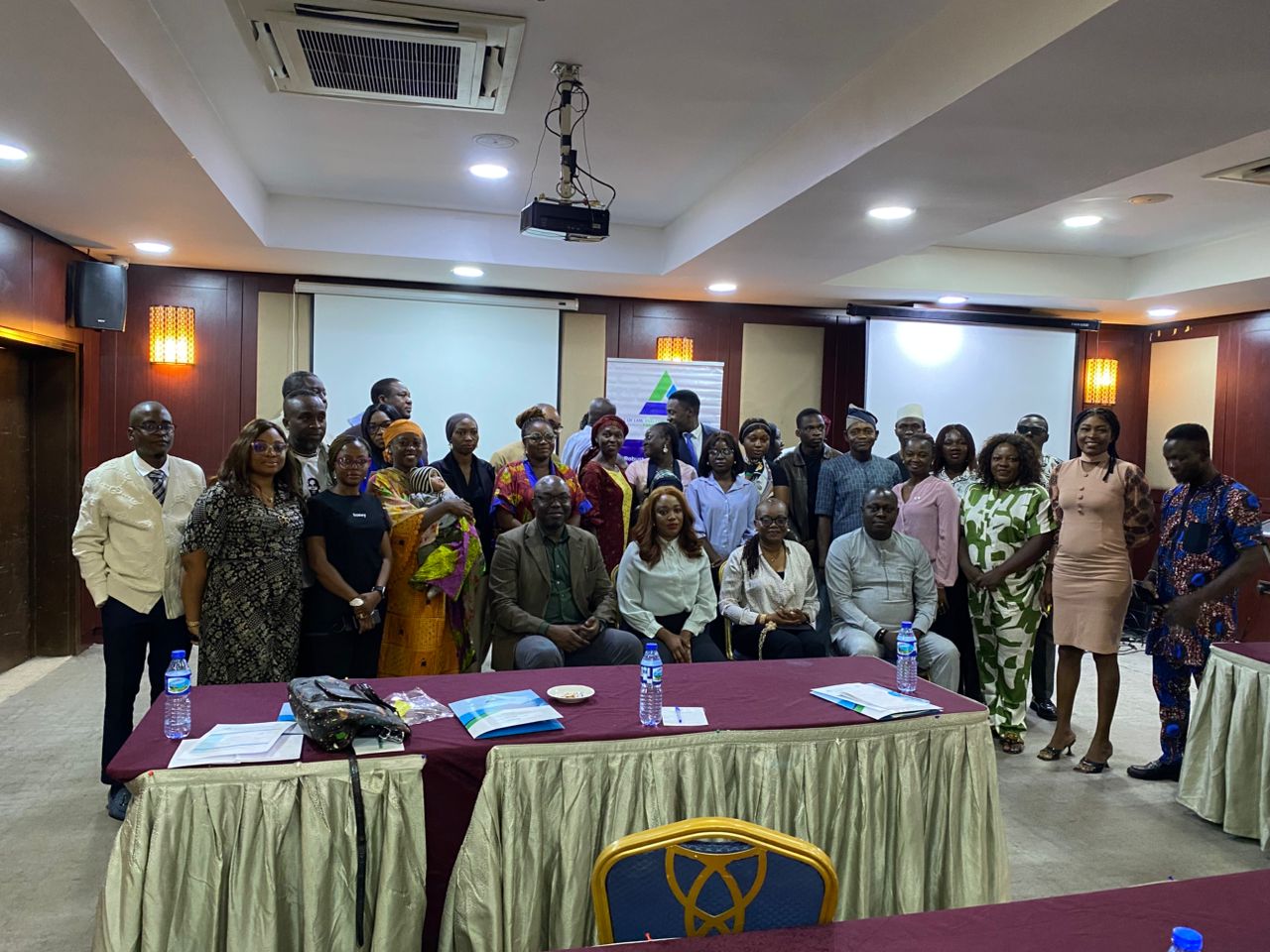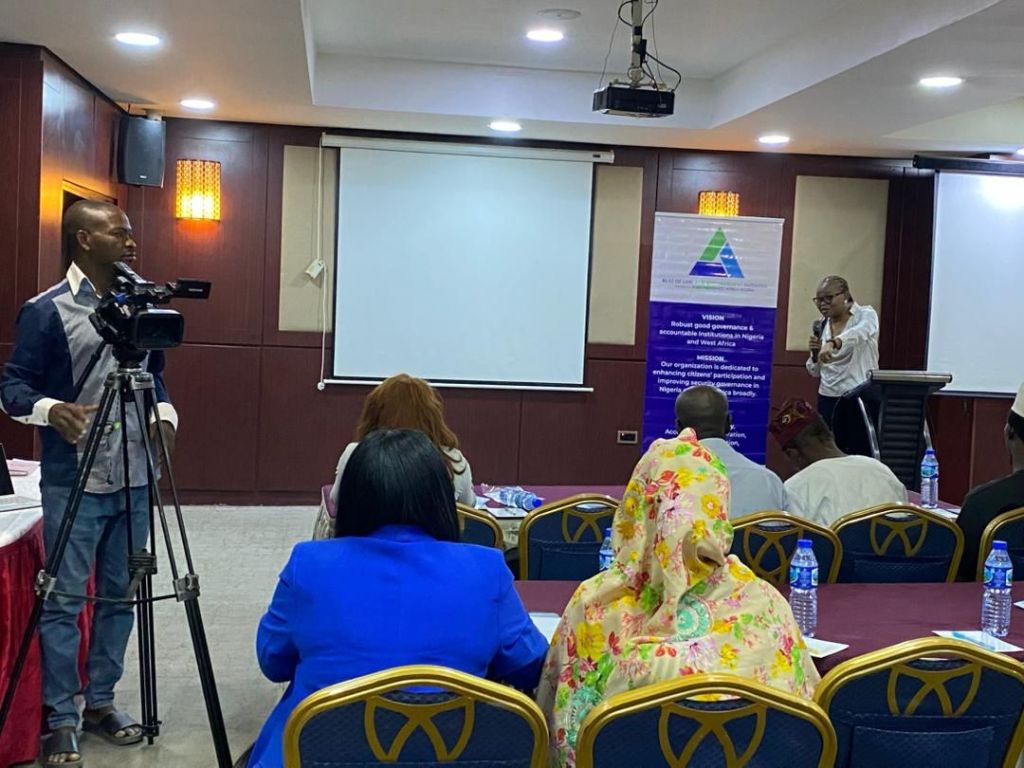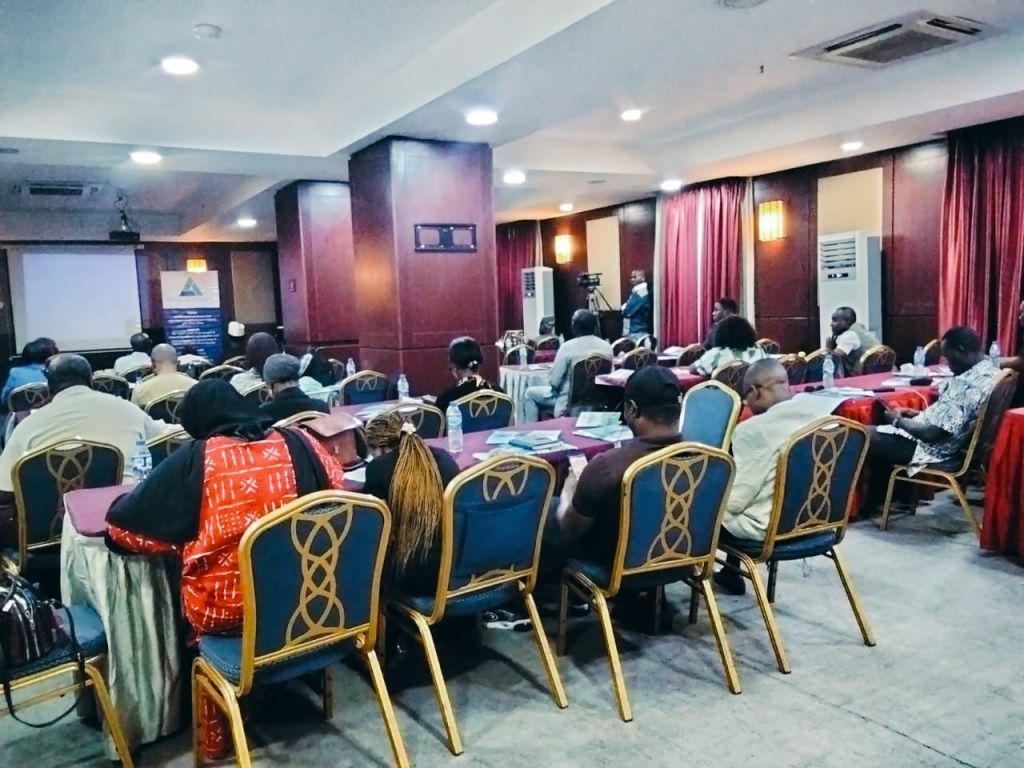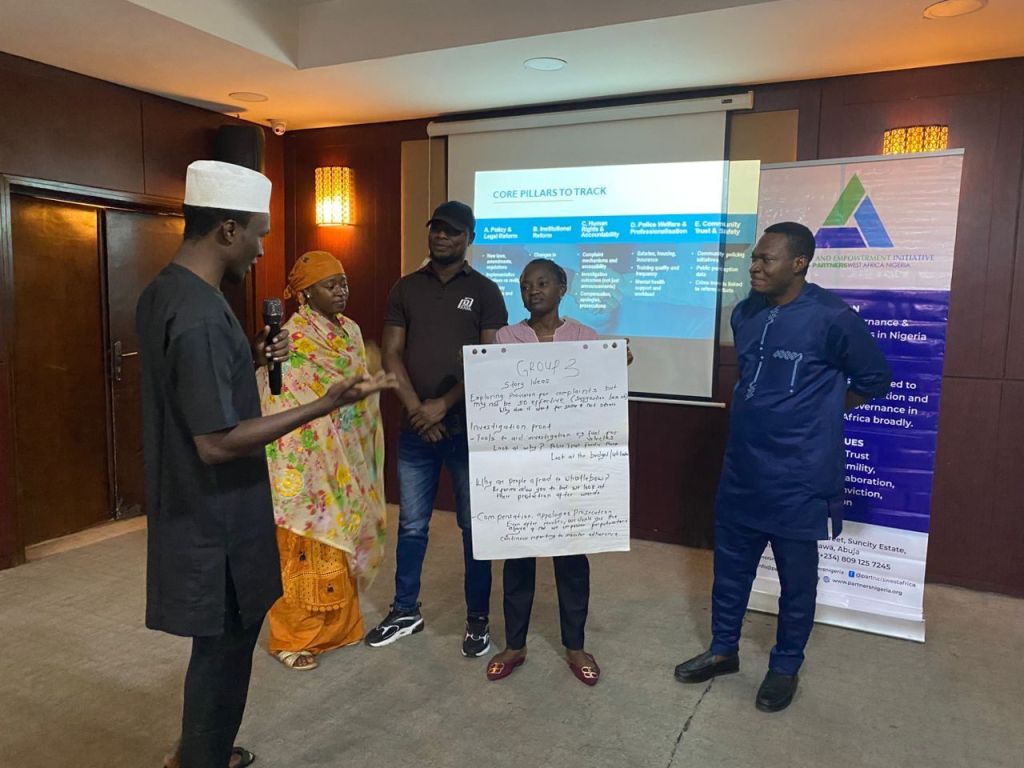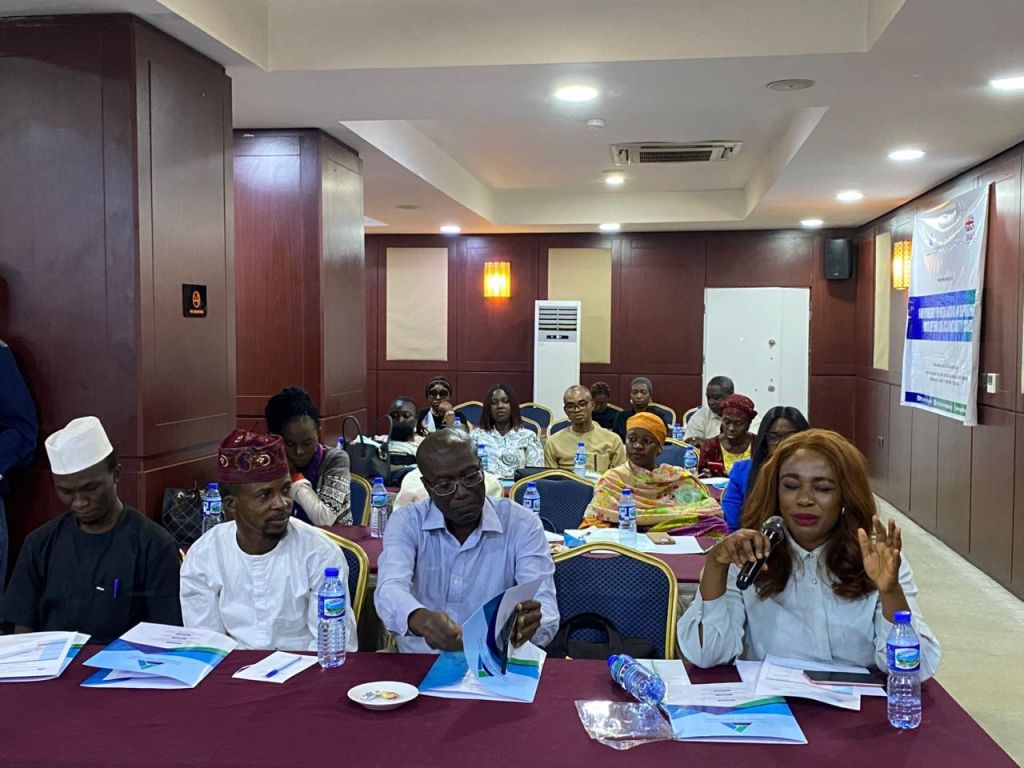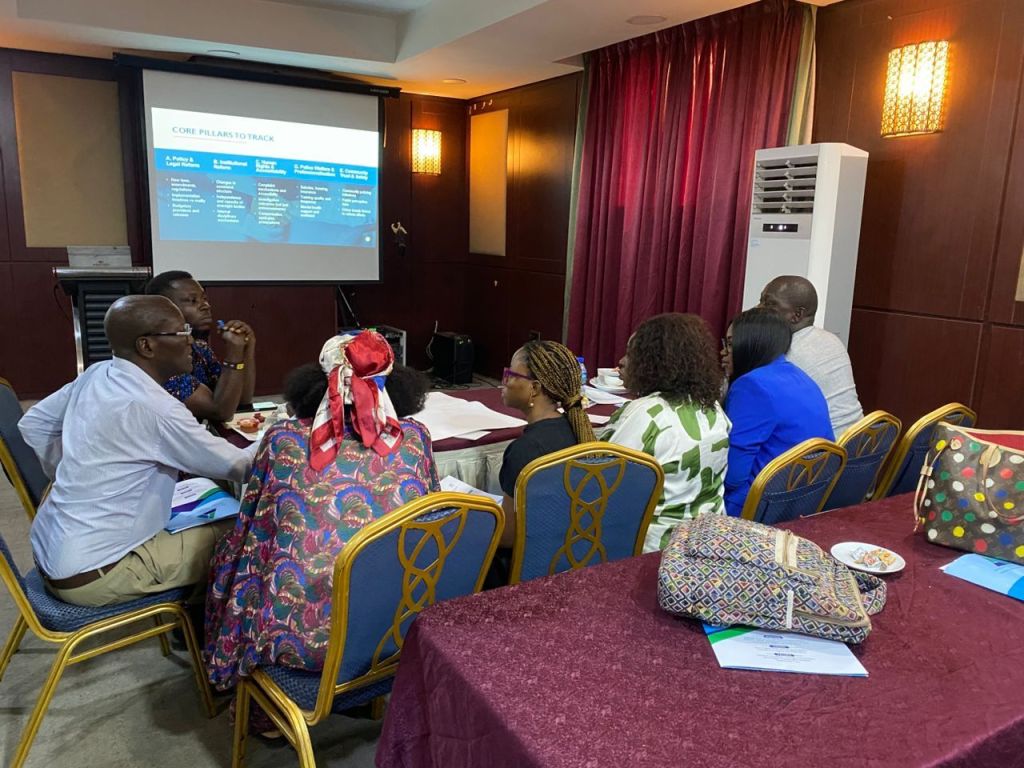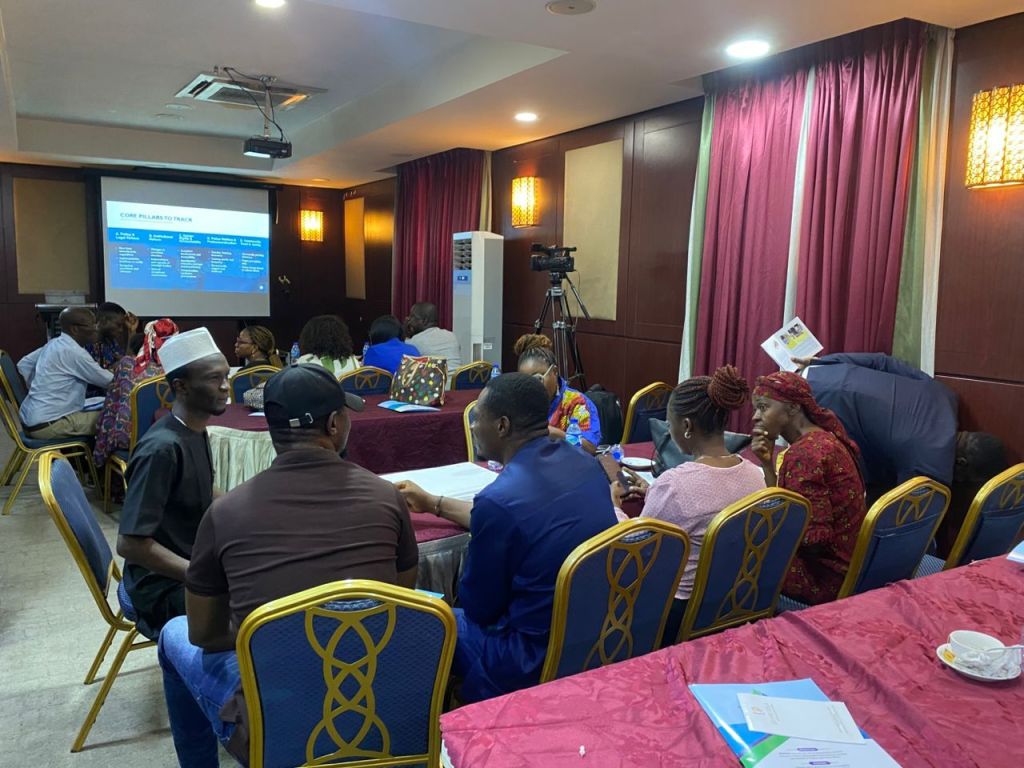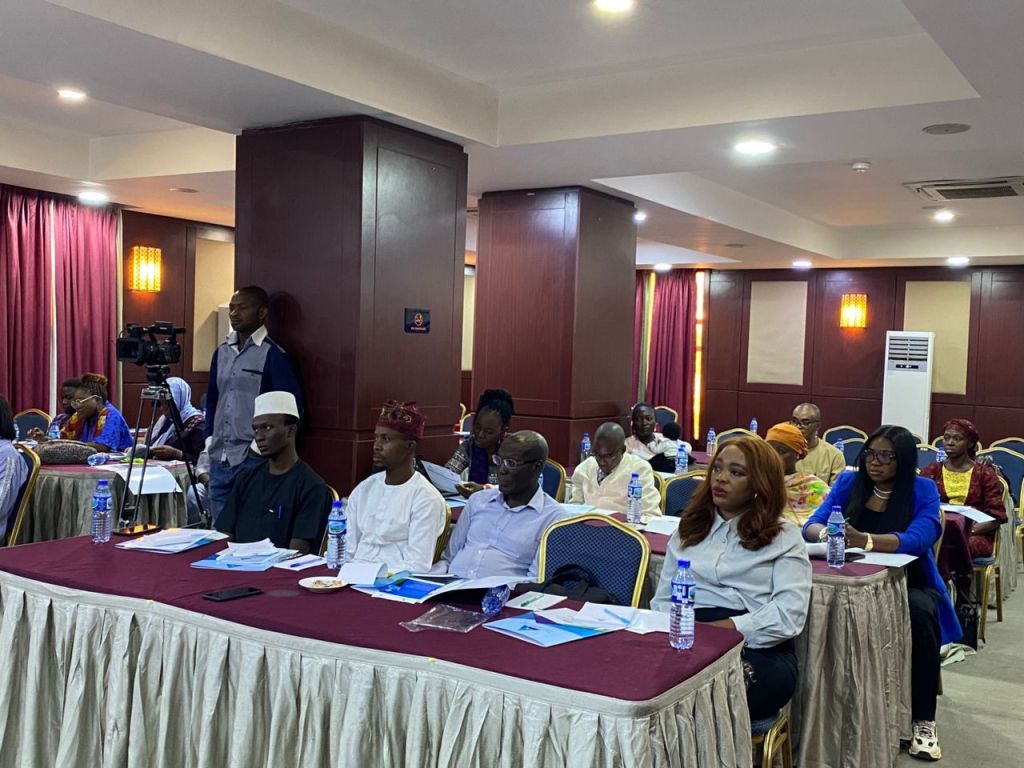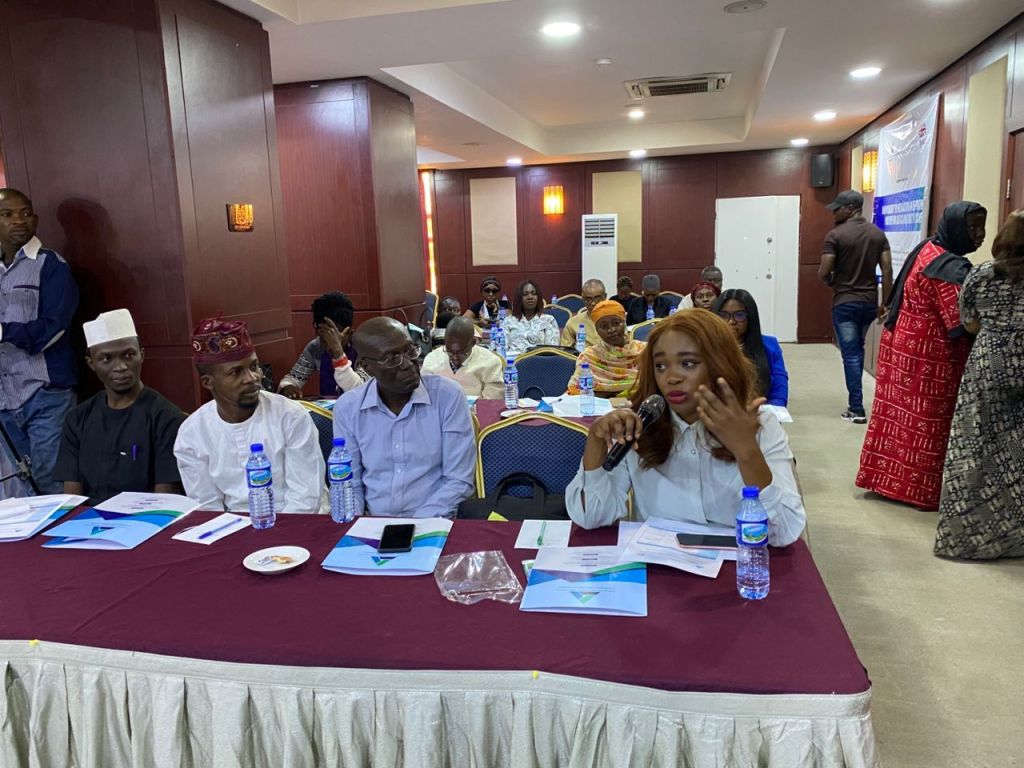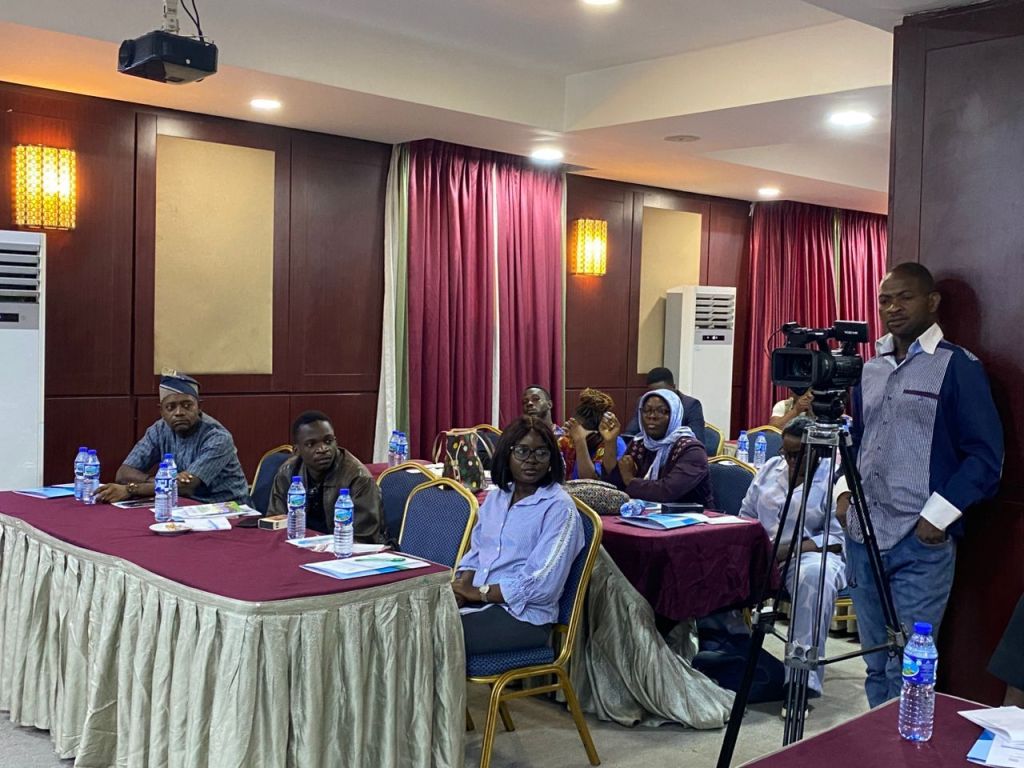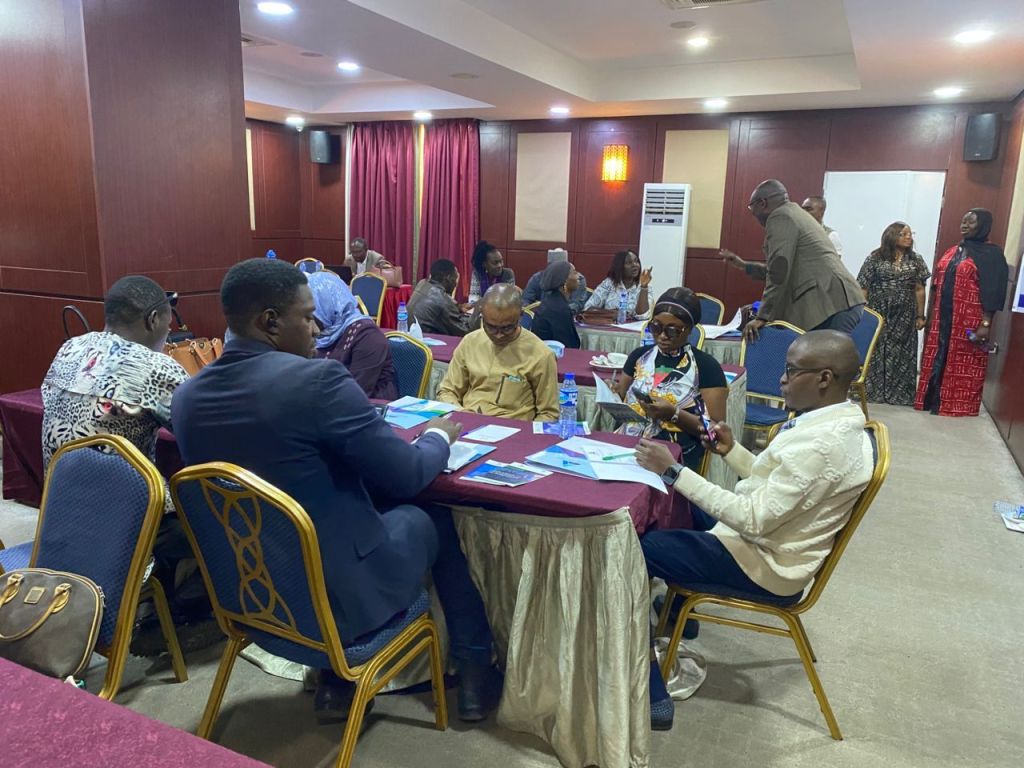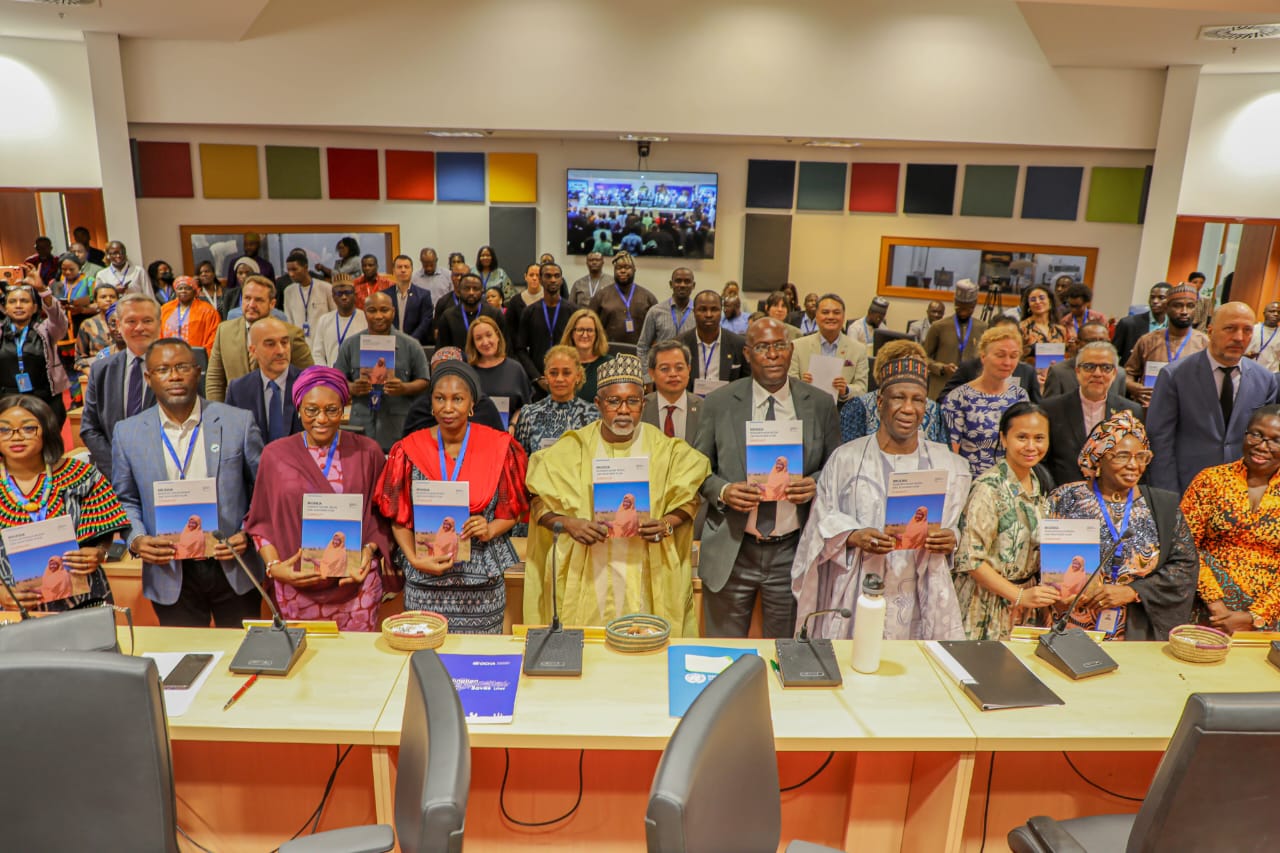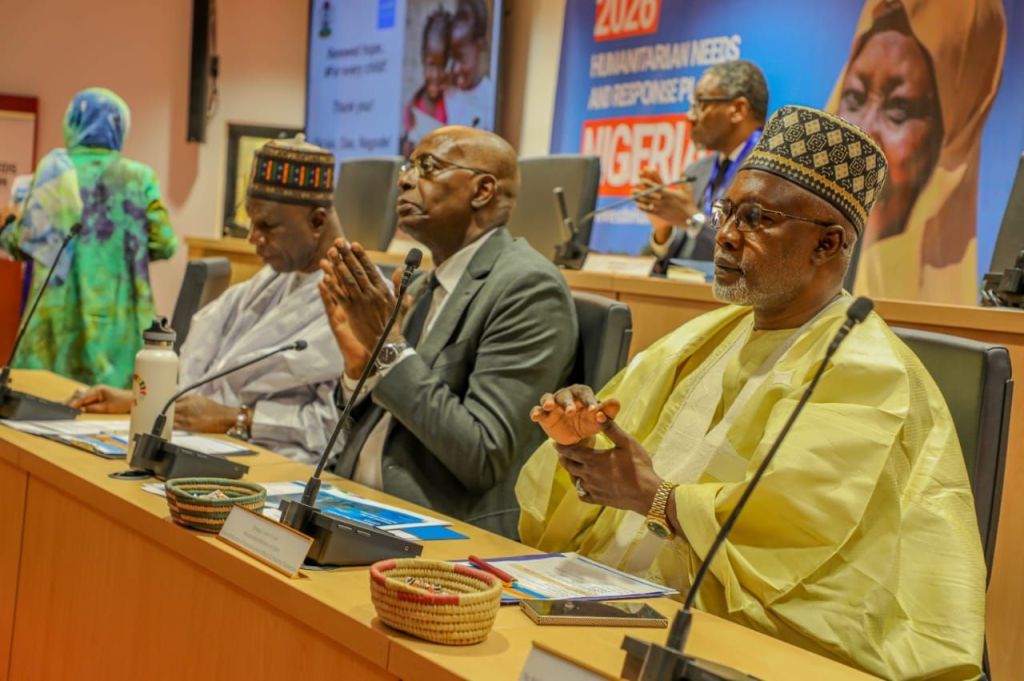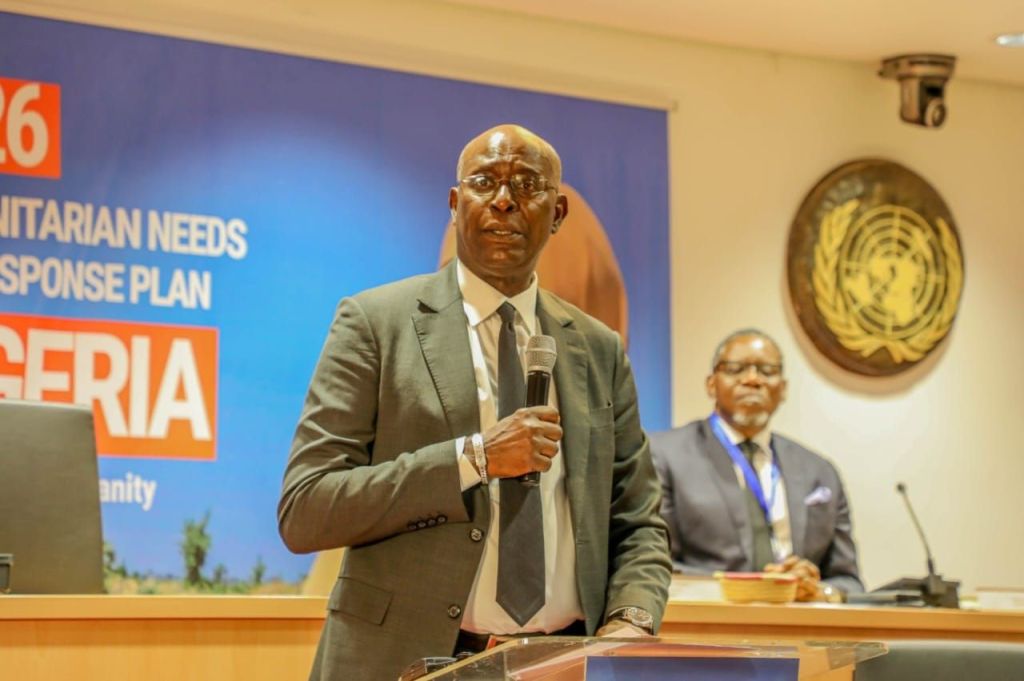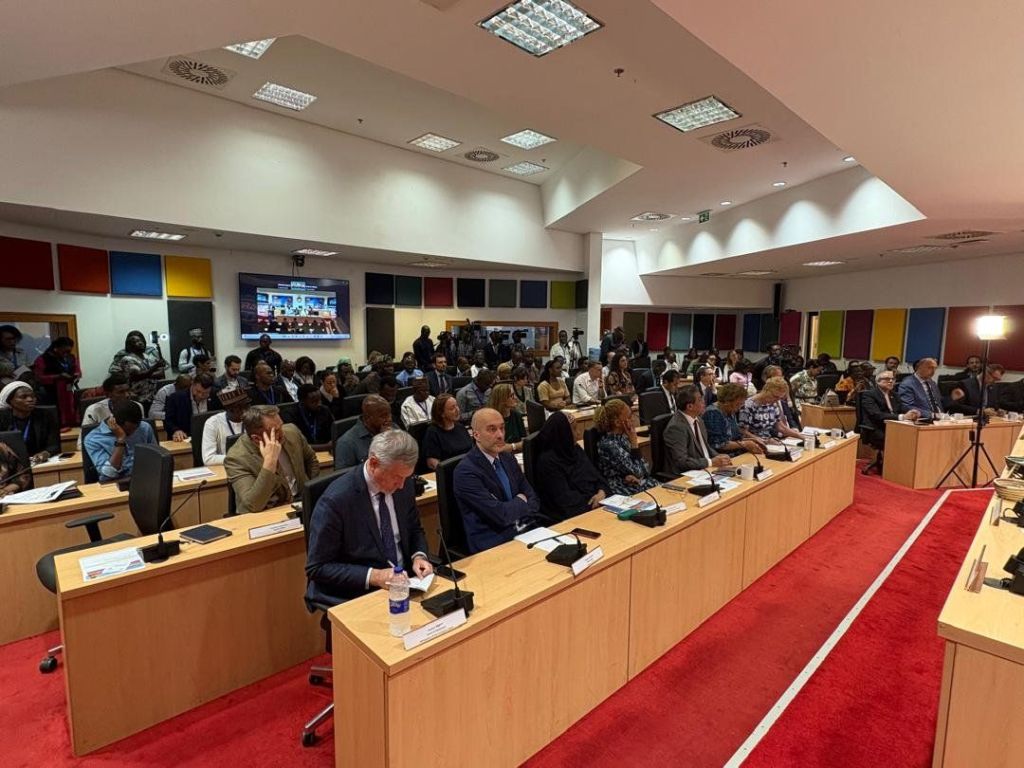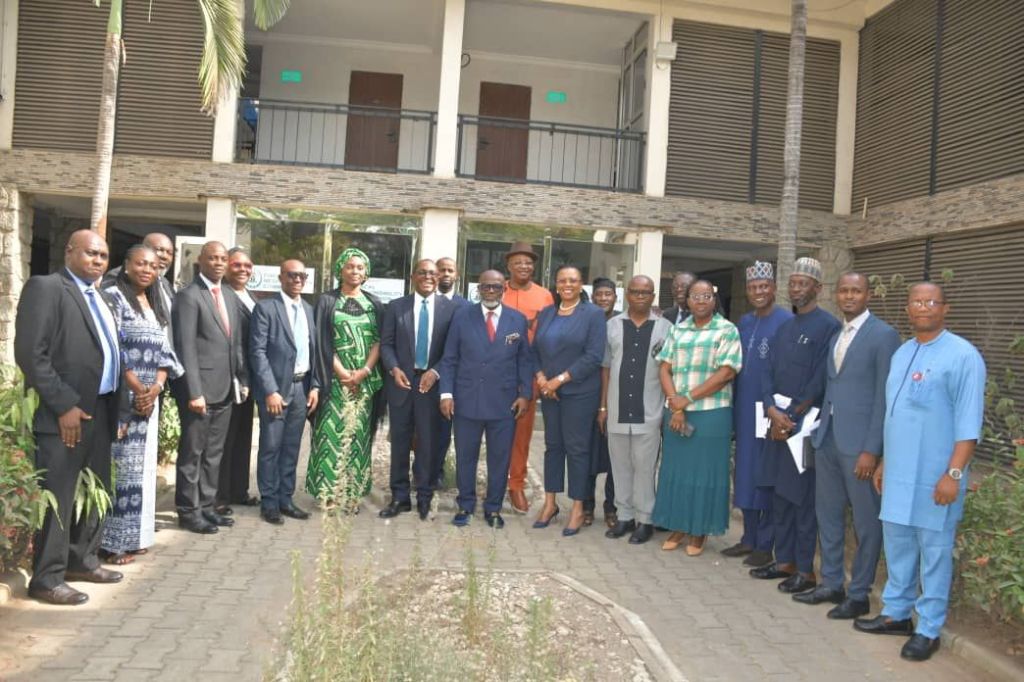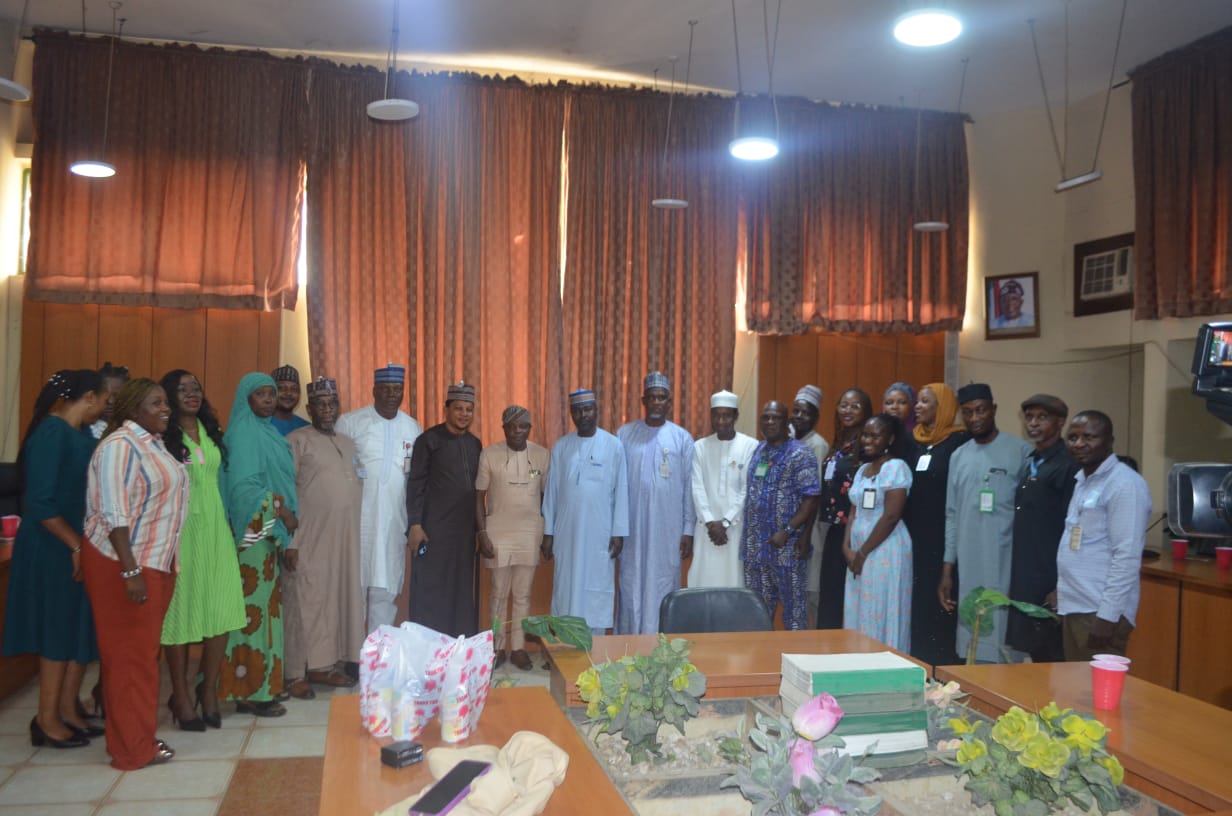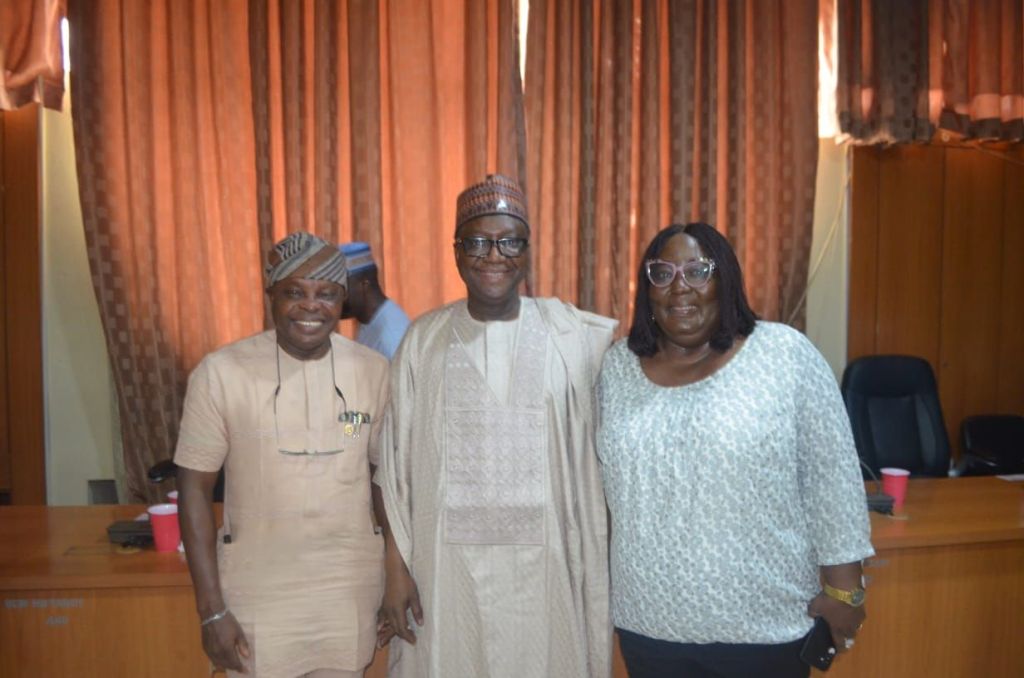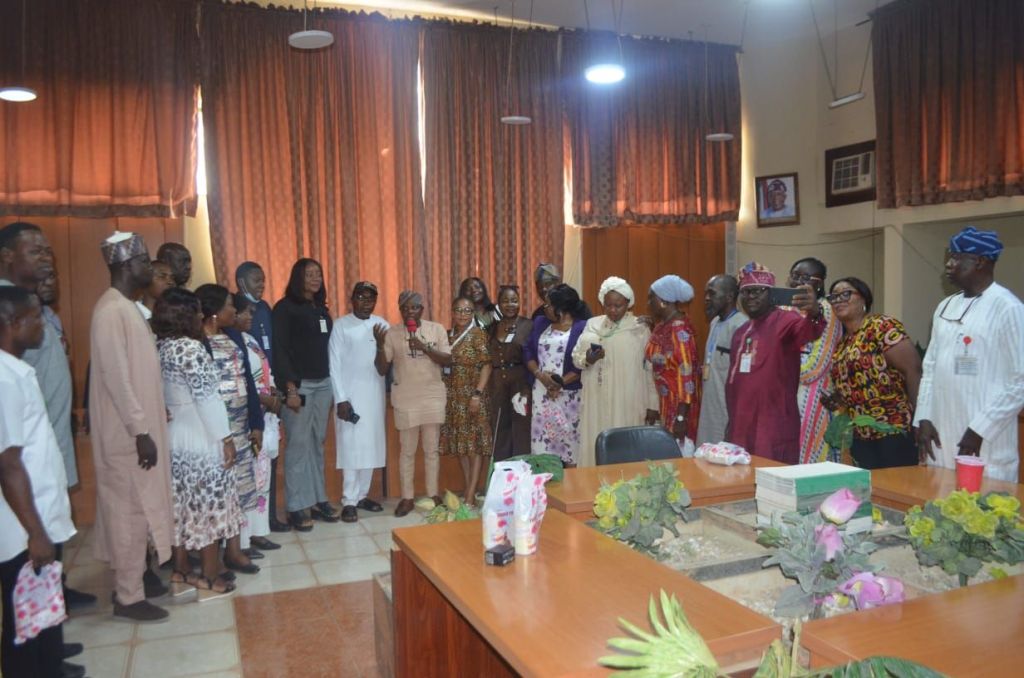By Emmanuel Daudu
Environmental degradation is an increasingly pressing issue that affects us all. It is caused by a variety of factors, ranging from human activities to natural disasters, and its effects can be devastating. Many of these effects can cause further degradation, which means that this impact works as a downward cycle. Fortunately, there are solutions, and we can all work together to mitigate its impacts. Plant With Purpose exists to help reverse this cycle and create a more sustainable future for communities all around our planet.
By empowering rural communities to restore their environment, Plant With Purpose is addressing the root causes of environmental degradation and promoting long-term solutions.
One of the main causes of environmental degradation is deforestation. Trees play a crucial role in maintaining the balance of ecosystems, yet they are often cut down for various reasons such as agriculture, timber, and fuel. This not only leads to the loss of biodiversity but also disrupts vital ecological processes. Plant With Purpose works with local communities to promote sustainable land management practices that help conserve forests, such as agroforestry. Through agroforestry, farmers can grow crops alongside trees, which not only prevents soil erosion but also provides additional income sources and improves food security.
Another significant factor contributing to environmental degradation is unsustainable agricultural practices. Many smallholder farmers rely on traditional methods that deplete soil nutrients, leading to decreased productivity over time. Plant With Purpose trains farmers in sustainable farming techniques such as terracing, contouring, and composting, which help to improve soil health and increase crop yields. By promoting sustainable agriculture, Plant With Purpose not only improves the livelihoods of farmers but also reduces the need for further deforestation for agriculture expansion.
Furthermore, Plant With Purpose tackles the issue of water scarcity, which is a result of environmental degradation. With the destruction of forests and the alteration of natural landscapes, water resources become depleted and polluted. By implementing watershed restoration projects, Plant With Purpose helps communities restore and protect their water sources, improving both water quality and availability. These projects often involve tree planting near rivers and lakes, which helps maintain water levels and filters pollutants before they reach water sources.
In addition to these on-the-ground projects, Plant With Purpose also advocates for sustainable policies and decision-making at the local and national levels. By raising awareness about the importance of sustainable practices and educating communities and policymakers, Plant With Purpose aims to create lasting change on a larger scale.
Mitigating environmental degradation is a collective effort that requires the involvement of individuals, communities, and governments. Plant With Purpose provides the tools and knowledge necessary to empower communities and reverse the cycle of environmental degradation. By restoring forests, promoting sustainable agriculture, and protecting water sources, Plant With Purpose is working towards a more sustainable future for communities all around the world.
Causes
Poverty: Poverty is a major contributor to environmental degradation. People living in poverty often experience hunger and food insecurity, which leads to over-exploitation of natural resources. For example, trees are frequently harvested to turn into charcoal, a product that can be sold for quick cash. This can lead to deforestation, air pollution, and other unsustainable practices that have a negative impact on the environment.
Poverty also affects environmental degradation in other ways. People living in poverty may not have access to education about environmental issues or the resources to invest in sustainable practices. They may also be more likely to engage in activities that are harmful to the environment, such as burning wood for fuel or dumping waste into rivers and streams. These activities can have long-term negative impacts on the environment, including air and water pollution, soil erosion, and loss of biodiversity.
Deforestation: Deforestation is the permanent destruction of forests in order to make the land available for other uses. It is one of the leading causes of environmental degradation because it reduces biodiversity, disrupts the water cycle, and contributes to climate change.
Trees also play an important role in the water cycle by absorbing water from the ground and releasing it into the atmosphere. Without trees, the water cycle is disrupted, leading to droughts and floods. Deforestation also contributes to climate change by releasing carbon dioxide into the atmosphere. Additionally, deforestation can lead to soil erosion, which can lead to desertification and other land degradation issues. All of these effects of deforestation can have long-lasting impacts on the environment.
Climate Change:
Climate change is a major contributor to environmental degradation because it can cause soil erosion, which is the process of wearing away the land surface by the action of natural forces such as wind, water, and ice. Climate change can cause an increase in the intensity and frequency of storms, worsening erosion. This can be especially damaging in areas that are already prone to soil erosion due to their topography or land use.
Additionally, climate change can cause an increase in the intensity and frequency of floods. Floods can carry away large amounts of sediment, which is then deposited elsewhere, leading to changes in the landscape. Furthermore, climate change can cause an increase in the intensity and frequency of droughts, which can lead to soil erosion due to wind and water. In other cases, climate change can create longer periods of drought, which results in insufficient plant growth.
Soil Damage: Soil erosion can have serious consequences for the environment, as it can lead to a decrease in soil fertility, an increase in sedimentation in waterways, and an increase in the risk of flooding. In addition, soil erosion can lead to the loss of valuable topsoil, which is essential for plant growth and food production.
Soil erosion can also contribute to environmental degradation in other ways. Soil erosion can lead to increased air pollution, as the dust particles are carried away by wind and deposited in other areas. Finally, soil erosion can lead to a decrease in biodiversity, as it can reduce the amount of habitat available for plants and animals. All of these effects can have serious consequences for the environment and should be taken into consideration when developing land management strategies.
Effects
Poverty In many rural areas, people rely on the environment for their livelihood. Right now, 8 in 10 people living in poverty are rural, reflecting the severity of our environmental crisis. Environmental degradation is a major contributor to poverty. Deforestation, overgrazing, pollution, and climate change all contribute to environmental degradation and can lead to decreased crop yields and water shortages. These factors can all contribute to poverty, as people are unable to produce enough food to feed their families.
As extreme weather events damage crops and reduce crop yields across Eastern Africa, people have grown increasingly unable to produce enough food to feed their families.
Deforestation: As environmental degradation worsens poverty, it drives people towards overharvesting of resources, namely, trees. When land is degraded, people are more likely to deforest an area in order to access the fertile forest soil for agricultural and other uses. Deforestation can also occur when land is cleared for agricultural or industrial purposes, or when forests are burned to create space for urban development. All of these activities can lead to a decrease in the amount of forested land available, which can have a devastating impact on the environment.
Soil Damage: Environmental degradation damages soil in a variety of ways. It furthers erosion, which removes topsoil and reduces the fertility of the soil. It can also cause an increase in salinity, which affects the ability of plants to absorb water and nutrients. Environmental degradation can lead to compaction, which reduces the amount of air and water that can be held in the soil. Finally, it can lead to a decrease in organic matter, which affects the ability of the soil to retain nutrients and water and to support plant growth.
Climate Change: Environmental degradation is a major contributor to climate change. Deforestation, overfishing, and other unsustainable practices lead to the destruction of habitats, the release of greenhouse gasses, and the disruption of natural carbon sinks. As habitats are destroyed, fewer plants are available to absorb carbon dioxide from the atmosphere, leading to an increase in atmospheric concentrations of the gas. The destruction of coral reefs and other marine ecosystems also leads to a decrease in the amount of carbon dioxide that is absorbed by the ocean, further contributing to climate change. Additionally, unsustainable practices such as overfishing can lead to a decrease in the number of organisms that consume carbon dioxide from the atmosphere, further exacerbating the problem.
Further Vulnerability When people living in rural areas experience environmental degradation and increasing poverty, they resort to desperate actions. Many times, children are taken out of school to work on their farm, and this disproportionately applies to girls. As a result, gender equality and education suffer.
Many people resort to migration, either to more urban areas or other countries, in search of sufficient work opportunities. Unfortunately these journeys are often dangerous, and displaced rural people in new cities or countries are especially vulnerable to exploitation. Environmental degradation is a significant contributor to human trafficking and violent activity.
Solutions
Challenges like poverty, soil erosion, and climate change are both causes and effects of environmental degradation. This means that when one of these problems grows out of control, it sets off the other problems, and they all grow more severe together. It can lead to a very difficult life for someone living in a rural area that has been degraded.
END
Project sponsored by Zenith Global Media Services & Consultancy
